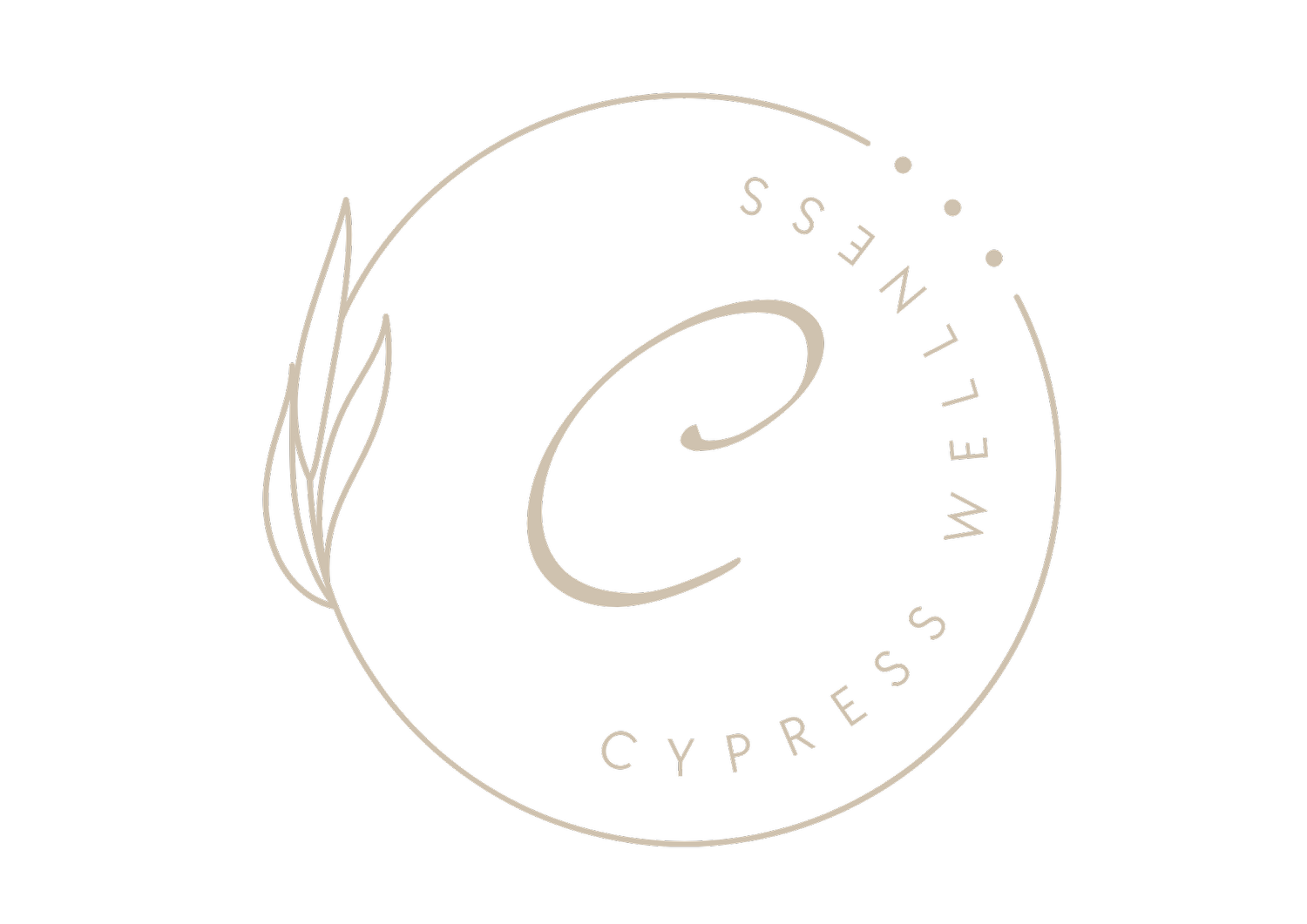Five Tips to Help You Survive Your First Week of Family Based Treatment (FBT)
When your child has an eating disorder, and you’re placed in the driver’s seat of their treatment, it can feel overwhelming and daunting. You may be feeling a mix of emotions—fear, anxiety, uncertainty, hope, determination, etc. Rest assured, you are not alone in this journey. FBT is an evidence-based approach that empowers parents to take an active role in their teen's recovery from an eating disorder. There is enough research to indicate that this is a treatment that works, but it is a challenging treatment for parents and teens alike. The following five tips can help you start FBT on the right foot and increase your chance of success.
As you step into this process, here are five tips to help you navigate through the crucial first week of FBT:
Educate Yourself: Knowledge is power. Take the time to educate yourself about eating disorders, FBT, and the specific challenges your teen may face. Understanding the nature of their eating disorder, such as Anorexia Nervosa, Bulimia Nervosa, ARFID or Binge-Eating Disorder, can help you empathize with your teen's struggles. Research studies like "The Maudsley Outpatient Study of Treatments for Adolescent Anorexia Nervosa" by Lock et al. (2005) demonstrate the effectiveness of FBT in treating adolescents with anorexia nervosa, providing a solid foundation for your confidence in this approach. Books like “How to Nourish Your Child Through an Eating Disorder” and “When Your Teen Has an Eating Disorder: Practical Strategies to Help Your Teen Recover from Anorexia, Bulimia, and Binge Eating” can offer you tools to support your teen during meal times and beyond.
Establish a Support Network: You don't have to navigate this journey alone. Reach out to trusted friends, family members, or support groups who can offer encouragement and understanding. If you have another person who can tag team meal support with you, work together to make sure you’re on the same page. Everyone offering meal support should attend FBT sessions to improve consistency and diminish any straying away from the treatment plan.
Connecting with other parents who have gone through FBT can provide invaluable insights and solidarity. Research has shown that social support plays a crucial role in the recovery process of adolescents with eating disorders (Asen & Scholz, 2010).
Set Clear Boundaries: In the initial phase of FBT, it's important to establish clear boundaries around meal times and behaviors related to eating. For example, set the expectation that your teen needs to complete breakfast in full before leaving for school that day. Collaborate with your teen to set realistic goals and expectations. Be firm but compassionate in enforcing boundaries, understanding that resistance and pushback are common in the early stages of treatment. Studies like "Early response to family-based treatment for adolescent anorexia nervosa" by Le Grange et al. (2014) highlight the importance of consistent meal support and structured routines in promoting early recovery.
Practice Self-Care and Tend to Your Emotions: As you support your teen through FBT, don't forget to prioritize your own well-being. Take breaks when needed, engage in activities that bring you joy, and seek support from your own therapist. Remember, you cannot pour from an empty cup. Research suggests that parental self-efficacy and self-care are positively associated with treatment outcomes in adolescents with eating disorders (Hughes et al., 2012).
When your teen is distressed, it’s common for you to become distressed. This kind of acute distress can trigger our fight, flight, or freeze response, which may mean that we overreact or yell. While this is completely human, an eating disorder can take advantage of these moments and hinder treatment progress. As hard as it is, practice regulating your emotions so that you remain calm in the face of your teen’s emotional distress. Show up with compassion, validation, and support.
Celebrate Small Victories: Recovery from an eating disorder is a journey filled with ups and downs. Celebrate each small victory along the way, whether it's finishing a meal without resistance or engaging in a positive coping strategy, like box breathing. Recognize the progress your teen is making, no matter how incremental it may seem. Studies like "Parental expressed emotion and outcome in adolescent anorexia nervosa" by Le Grange et al. (2006) emphasize the importance of parental validation and support in fostering recovery. Give praise to the shifts in your teen that you want to see more of as this may help them feel supported and increase motivation. And don’t forget to praise yourself for the wins you experience as a caregiver!
Remember that FBT is a collaborative process that requires patience, persistence, and unwavering support. By implementing these tips and drawing strength from the evidence-based principles of FBT, you can navigate through the challenges of the first week and lay a solid foundation for your teen's journey towards recovery.
If you are seeking eating disorder treatment or mental health therapy for you or your adolescent, Cypress Wellness Collective can help. Cypress Wellness Collective is located in the San Francisco Bay Area where they specialize in Family Based Treatment (FBT), therapy, and nutrition counseling for teens, adults, and families going through eating disorder recovery. They offer in person and virtual appointments throughout all of California. Call today for your free consultation to see if Cypress Wellness Collective is right for you!
References:
Lock, J., le Grange, D., Agras, W. S., Moye, A., Bryson, S. W., & Jo, B. (2010). Randomized clinical trial comparing family-based treatment with adolescent-focused individual therapy for adolescents with anorexia nervosa. Archives of General Psychiatry, 67(10), 1025–1032.
Asen, E., & Scholz, M. (2010). Multi-family therapy: Concepts and techniques. Routledge.
Le Grange, D., Crosby, R. D., Rathouz, P. J., & Leventhal, B. L. (2007). A randomized controlled comparison of family-based treatment and supportive psychotherapy for adolescent bulimia nervosa. Archives of General Psychiatry, 64(9), 1049–1056.
Hughes, E. K., Sawyer, S. M., & Accurso, E. C. (2012). Eating disorders in adolescents: How does the DSM-5 change the diagnosis? Australasian Psychiatry, 20(6), 500–502.
Le Grange, D., Hoste, R. R., Lock, J., Bryson, S. W., & Jo, B. (2011). Recognition and treatment of early-onset eating disorders: A randomized controlled trial. International Journal of Eating Disorders, 44(4), 297–306.


